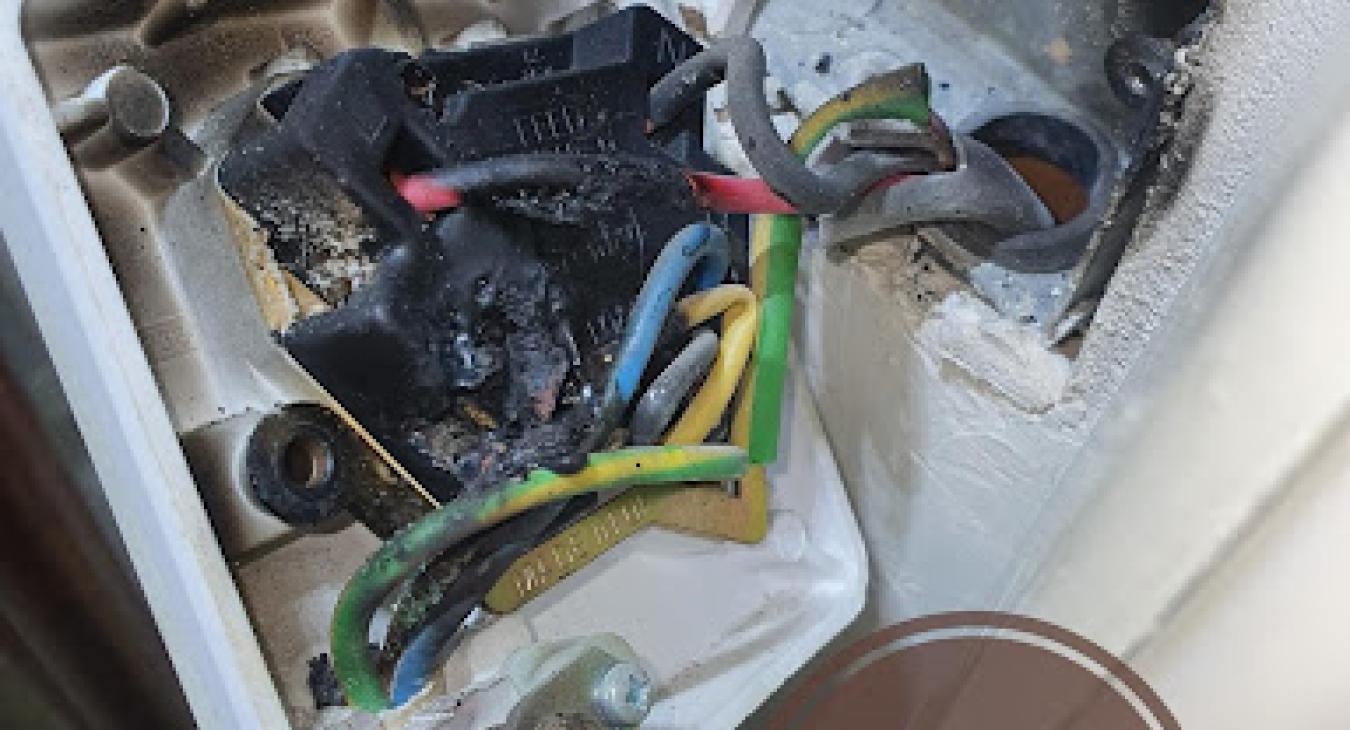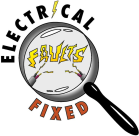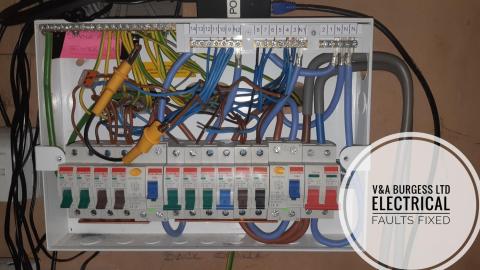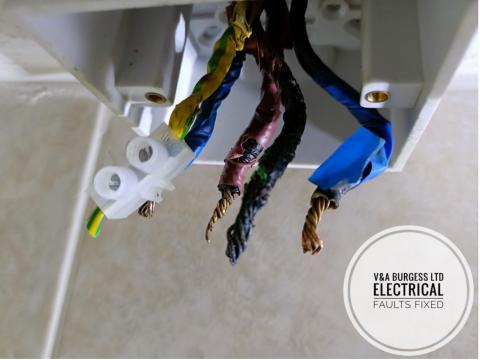
1) The Burning smell from hot water tank could be a major problem🔥
In many of our homes our heating system is comprised of a boiler for hot water to the radiators and a water tank that stores hot water for when it's needed. The hot water in this large water tank is heated in one of two ways.
The first way this can happen is as follows: the boiler heats water and circulates it through the heating system warming the radiators and also looping through the water tank. A hot water pipe enters the tank and coils its way through the tank acting as a radiator within the tank and passing heat from the heating system to the cooler water in the immersion tank. The pipe then exits the top of the tank and heads back to the boiler for the water to be reheated and return once again to continue heating the water in the tank.
The second way that the water can be heated in the tank is through an electrically powered immersion heating element. The element is seated inside the tank and the electrical supply provides the element with enough current for the water to be heated up. This takes quite a lot of electrical energy and as such the connections and wiring involved in the process can heat up if drastically especially if things are not quite right.
Back to top2) What kinds of issues can cause this problem?🤔
When wiring is not connected properly there can be huge resistances to electrical current flow. What do I mean by this? Well, electricity likes a nice clear path to the place where it is going. When connections are loose, corroded or otherwise not great, there can be a problem with the free flow of electrical current. Loose connections, corrosion and other issues can hinder the ability of electricity to work properly and as such lots of heat is generated, energy is wasted and fires can occur.
High resistance paths in the way of electricity cause heat to build up. When heats build up it creates MORE resistance and then this creates MORE heat. It becomes a vicious cycle of problems. Such problems can affect the safe operation of circuits and wiring along with electrical accessories like this immersion element and switch that supplies it.
Back to top3) What else can be a problem?🔎
We can see from the photograph that the connections have melted at the back of this switch. Switches can create their own high resistance paths and cause issues. When switches age, their terminals can lose a grip of the wiring, wiring heating and cooling along with tiny vibrations can cause loosening of the wiring over time. Internal switch mechanisms can become corroded or worn again causing a high resistance path to the free flow of electrical current.
In some cases, Immersion elements are installed using a switched fused spur. This is a mistake. An immersion element typically presents a load of 3000 watts to the electrical supply. This is a continuous load that is likely to run for long periods without a break. The issue that we see regularly with 13 amp switched fused spur units is that they are generally not rated to supply 13 amps (3000 watts approx.) for an elongated period. In fact, the British Standard outlines that 13-amp fused spurs, sockets and other equipment is only likely to be able to continuously supply 10 amps without issues*
This means that only 2300 watts can be supplied continuously NOT 3000 watts.
Many immersion elements are installed on 13-amp fused spur units and if there is not currently a problem there may well be one developing.
Back to top4) Is an immersion element ok on a plug❓
It does depend on the power of the element that is being supplied but generally we would always say no. Fixed equipment should generally be hardwired in to the electrical supply and with equipment of this type of power a plug top should never be used to supply it as the risk of electrical failure, melting and burning is high.
Back to top5) My boiler is on fused switch, is this, ok❓
Generally, Gas boilers require very little electrical power in order to function and as such they are typically safe on a fused spur switch. It is not uncommon to find a gas boiler running from a plug top also. This is not ideal and is often against the manufacturer’s instructions so it is best to check this out with your local Gas Safe engineer.
Back to top6) How much electricity do Gas Boilers Use?⚡
Gas boilers are generally fused to 3 amps limiting the overall power consumption to 690 watts. They will generally consumer far less than this. The biggest electrical consumer within a gas boiler is generally the pump that circulates the heating system water around your home. This will speed up and slow down with demand and will not consume its full power continuously. The electronics and safety systems within the boiler will use minimal power especially when the boiler is only topping up the heat in your home.
Next time you smell a burning smell from hot water tank bear in mind that it could be the electrical supply to the tank itself. If you suspect that the electrical supply is an issue to your hot water tank then take some photographs of the set up and send them to us. We are always happy to offer free advice and we will advise if a site visit and investigation is likely to be needed in your case.
If you are at all concerned about the condition of your electrical system then it may be wise to consider an electrical safety check. These checks do vary in thoroughness between electricians and as such great care should be taken to ensure that an electrical safety check is being conducted with care and attention to detail. A typical electrical safety check should take several hours on a typical 3- bedroom property.
Your local electrician will be able to discuss this further with you. For more information regarding electrical safety checks and what is involved, check out our page on electrical safety checks.
https://www.electricalfaultsfixed.co.uk/electrical-safety-checks-eicr










